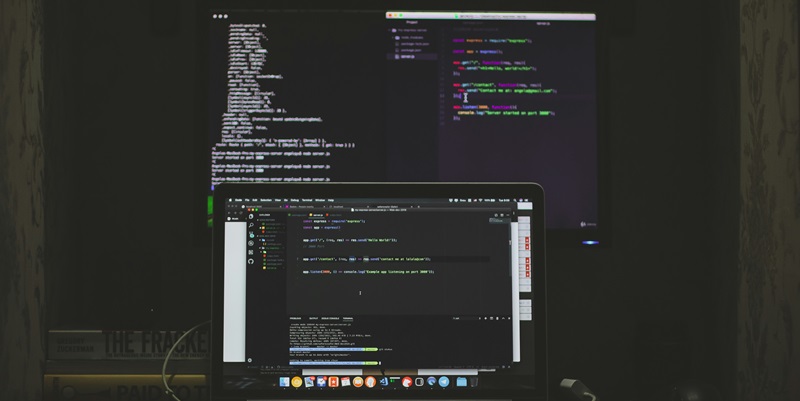JFrog’s alliance with Qwak marks a groundbreaking shift in software development, as the integration of AI reshapes how applications are created and managed. This strategic partnership bridges the gap between DevSecOps and MLOps, recognizing the growing need for seamless management of artificial intelligence models within software workflows. The move is not just an expansion of JFrog’s DevSecOps tools; it’s a recognition of the synergies between development, security, and machine learning operations. As AI intertwines with software development, merging these domains under a unified strategy becomes crucial for efficiency and innovation. JFrog and Qwak’s collaboration signals an industry evolution—blending the precision of DevSecOps with the agility of machine learning—setting a new standard for the future of application development.
Unifying DevSecOps and MLOps
The Challenge of Integration
Integrating MLOps into the DevSecOps ecosystem is not without its challenges. Data scientists and DevSecOps teams have historically worked with different rhythms and tools, often leading to a disjointed approach to updates and deployments. While AI models are updated sporadically and based on iterative improvements and data refinements, software applications by DevSecOps teams are updated at a much more frequent pace, with a strong emphasis on continuous integration and delivery. JFrog’s initiative in recognizing this underscores the need for a more cohesive strategy, one that ensures AI models are managed with the same level of rigor and traceability as other software artifacts. By doing so, JFrog is setting the groundwork for a more seamless and less error-prone development environment where updates—whether they be AI models or application code—can be rolled out in tandem.
Towards Synchronized Cadences
Delving into the practicalities, JFrog and Qwak’s integration efforts are focused on creating a harmonious cadence between the sporadic deployment of AI models and the continuous cycle of traditional software updates. The adoption of versioning tailored for AI assets is a central piece in this puzzle, ensuring that both data scientists and DevSecOps engineers can track, roll back, and coordinate releases with confidence. This approach not only mitigates risks associated with out-of-sync updates but also promotes a culture where collaboration between teams is not only encouraged but facilitated by a common framework. By streamlining this process, the partnership aims to make the coexistence of AI and software development not just viable but also a driver of innovation and stability in a rapidly evolving tech ecosystem.
Industry Implications
The Dawn of a New Era
JFrog’s team-up with Qwak epitomizes the evolving landscape of software development, reflecting the increasingly pivotal role of AI and ML technologies. As these disciplines converge, the lines between developers and data scientists are becoming less distinct, necessitating a new generation of tools adept at serving both worlds. JFrog and Qwak are tapping into this need by embedding MLOps into the DevSecOps framework, thus pointing to a future where AI and ML are not mere adjuncts but fully integrated into software engineering workflows. The strategic alliance aims at creating a holistic environment that embraces the complexity of AI/ML without undermining the foundations of security or performance that traditional software development demands. This initiative highlights a broader industry trend—paving the way for a unified model of software production that equally addresses the intricacies of machine learning and the rigors of software engineering.
A Precedent for Future Collaborations
The JFrog-Qwak collaboration signals an emerging trend in the tech industry as artificial intelligence becomes ever more entwined with software development. We’re standing at the edge of a new era where partnerships and strategic mergers are set to bridge the gap between DevSecOps and MLOps. This blend is essential for a future where AI is seamlessly integrated into the development process. Anticipating a landscape where AI doesn’t just complement but fundamentally intertwines with software development, the industry is gearing up for profound changes. The evolving synergy requires different disciplines to collaborate closely, heralding a new paradigm in which AI, machine learning, and software evolve together within a shared environment. This exciting evolution is crucial for the future of an AI-centric development ethos.

